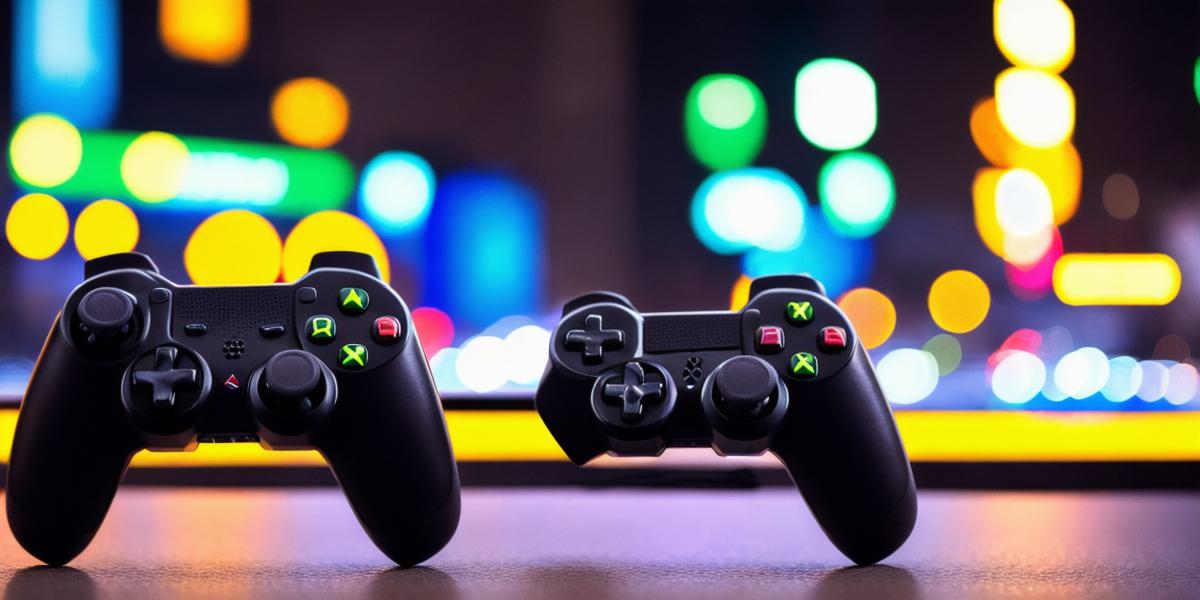Laugh Out Loud (LOL) is one of the most popular acronyms used in online gaming, especially in multiplayer games such as League of Legends and Dota 2. However, who exactly owns LOL in China? In this article, we will explore the battle for dominance in the Chinese gaming world and examine how LOL has evolved over time.
The Rise of LOL in China
In the early days of online gaming in China, LOL was not as widely used as it is today. However, with the rise of mobile gaming and the increasing popularity of multiplayer games, LOL quickly became a staple in the Chinese gaming community. In fact, LOL has become so popular in China that it is now considered to be a cultural phenomenon.
The Battle for Dominance
As with any successful product or term, there are always those who seek to claim ownership over it. In the case of LOL, this has led to a battle for dominance among different groups and individuals within the Chinese gaming community. Some argue that certain game companies or influencers should be given credit for popularizing LOL in China, while others believe that the term has evolved too far beyond its original meaning and is now simply a part of the cultural fabric of online gaming.
The Evolution of LOL
Over time, the meaning of LOL has evolved to reflect the changing landscape of online gaming in China. For example, some players use LOL to express frustration or disappointment, while others use it to celebrate a victory. Additionally, LOL has also become a way for players to connect with one another and form friendships within the game.
The Importance of LOL in Chinese Gaming
Despite the debate surrounding ownership of LOL in China, there is no denying its importance in the world of online gaming. LOL has become an integral part of the Chinese gaming community, and it continues to play a crucial role in shaping the way that players interact with one another within games.
In conclusion, while there may be disagreements about who owns LOL in China, it is clear that the term holds significant importance in the world of online gaming. As the gaming industry continues to evolve and expand in China, it will be fascinating to see how LOL and other terms like it continue to shape and define the culture of online gaming.



